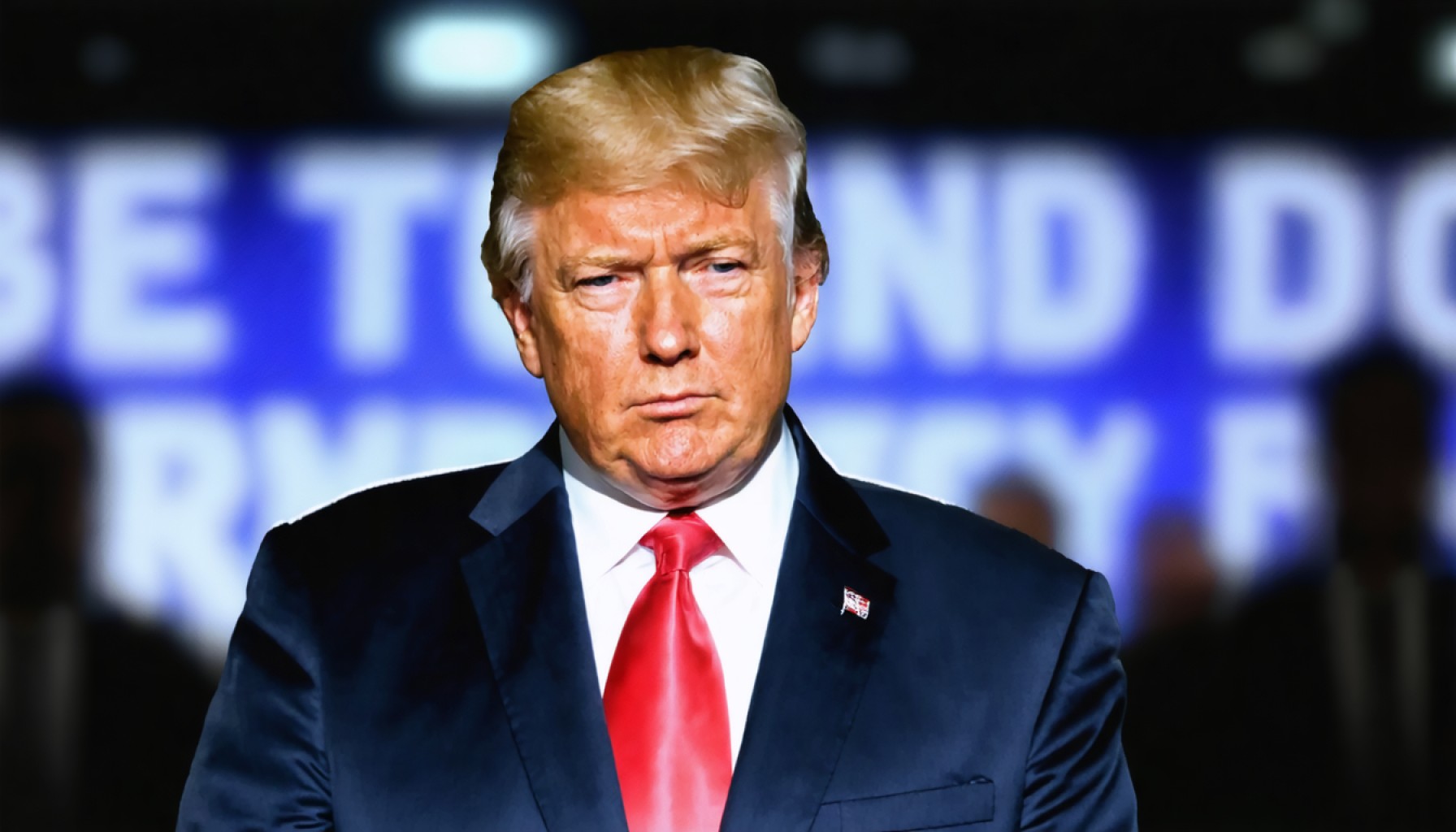- The Chinese government intensifies its anti-corruption campaign, spotlighting prominent figures like Jiang Chaoliang.
- Jiang, a member of the 14th National People’s Congress Standing Committee, is under investigation by key discipline and supervisory commissions.
- Jiang’s political career includes roles as Governor of Jilin Province and Secretary of the Hubei Provincial Committee.
- The investigation represents a broader effort to eliminate corruption at high levels, highlighting the importance of accountability.
- This movement demonstrates China’s dedication to transparent governance, perceived as essential in maintaining public trust.
- The public and private sectors are reminded that corruption transcends titles, signaling a commitment to integrity and ethical leadership.
A political drama unfolds as the Chinese government intensifies its unwavering campaign against corruption. The spotlight now focuses on a prominent figure: Jiang Chaoliang, a distinguished member of the 14th National People’s Congress Standing Committee and the Deputy Director of the Agriculture and Rural Affairs Committee. His career, once a model of political success, now lies under a cloud of suspicion.
The announcement of the investigation, made by the Central Commission for Discipline Inspection and the National Supervisory Commission, reverberated across the nation like a seismic wave. Jiang, born in August 1957, has held prestigious positions such as the Governor of Jilin Province and the Secretary of the Hubei Provincial Committee of the Chinese Communist Party. His trajectory, marked by significant leadership roles, reads like a manual of political ascendancy.
Yet, this development fits into a broader narrative—a meticulously woven campaign to uproot corruption from the highest echelons of power. Jiang’s story, emblematic of both triumph and turbulence, encapsulates the current political atmosphere. It reminds citizens of the stringent checks that govern public life, assuring them of accountability amidst power.
This investigation sends a powerful message across public and private sectors. The fight against corruption is relentless, transcending titles and past accolades. As figures like Jiang undergo scrutiny, the public watches, intrigued by the unfolding events that signal an unwavering commitment to integrity. This saga underscores a critical point: in a world fraught with challenges, transparent governance remains the cornerstone of trust.
Shocking Scandal Unveils: The Impact of Corruption Crackdowns in China’s Political Sphere
How-To Steps & Life Hacks: Understanding Anti-Corruption Measures
To grasp the magnitude of China’s anti-corruption campaign, it’s essential to comprehend the mechanisms at play:
1. Identify Corruption Hotspots: Recognize areas within governmental structures susceptible to corrupt practices, such as procurement, public services, and licensing authorities.
2. Implement Whistleblower Protections: Encourage transparency by offering protections and incentives for individuals who expose corrupt activities.
3. Use Data Analytics: Leverage big data and AI to detect anomalies in spending and operations indicative of corrupt behavior.
4. Conduct Regular Audits: Establish routine audits to review financial transactions and administrative practices across all government levels.
5. Create a Culture of Integrity: Promote ethics and accountability through mandatory training and awareness programs for all governmental and affiliated bodies.
Real-World Use Cases & Market Forecasts
The crackdown on corruption in China has far-reaching implications:
– Economic Impact: The enhanced scrutiny can foster a more competitive and dynamic market environment by leveling the playing field for both domestic and international players.
– Foreign Investment: A transparent government provides stability, potentially increasing foreign direct investment as confidence rises in the political landscape’s fairness.
Market forecasts suggest that continued vigilance against corruption may raise investor confidence, stimulating growth in sectors like technology, construction, and healthcare.
Reviews & Comparisons: China’s Anti-Corruption Campaign
China’s approach is compared to global practices, such as:
– Singapore’s CPIB (Corrupt Practices Investigation Bureau): Known for its zero-tolerance policy and swift action against offenders.
– United States’ Foreign Corrupt Practices Act (FCPA): Emphasizes corporate compliance and severe penalties for transgressions.
Controversies & Limitations
While China’s campaign highlights a commitment to integrity, it faces challenges:
– Political Motives: Critics argue that corruption probes may be used to purge political opponents rather than genuine reform.
– Legal Transparency: The opaque nature of investigations raises questions about due process and fairness.
Features, Specs & Pricing: Analysis of Corruption Investigations
Investigative tactics used include:
– Broad Sweeps: Investigations often target multiple sectors simultaneously.
– High Visibility: Public announcements serve as deterrents and reassure citizens.
Costs are substantial, involving resources from the Central Commission for Discipline Inspection and the National Supervisory Commission.
Security & Sustainability: Safeguarding Reforms
– Data Security: Implementing secure data channels to protect whistleblowers and sensitive information is crucial.
– Long-term Sustainability: Ongoing education and a clear legal framework ensure enduring reform impacts.
Insights & Predictions
Experts predict continued emphasis on anti-corruption ahead of key political events, potentially reshaping the power landscape within the Communist Party and beyond.
Tutorials & Compatibility
For international corporations: Create compliance tools aligning with local anti-corruption laws, such as China’s Anti-Unfair Competition Law, to minimize risks while operating in the region.
Pros & Cons Overview
Pros
– Enhanced transparency and accountability.
– Increased trust and investment in governance.
Cons
– Potential for misuse against political adversaries.
– Risk of adverse impact on government functionality if overzealous enforcement occurs.
Conclusion & Quick Tips
For businesses and citizens, ensuring alignment with anti-corruption policies can mitigate risks:
– Stay Informed: Keep abreast of developments in China’s political sphere that may impact economic and regulatory practices.
– Implement Robust Compliance Programs: Adopt practices ensuring adherence to ethical standards, reducing exposure to legal and reputational risk.
For those keen to learn more, visit the China Daily for ongoing coverage and analysis of China’s political and economic landscape.
